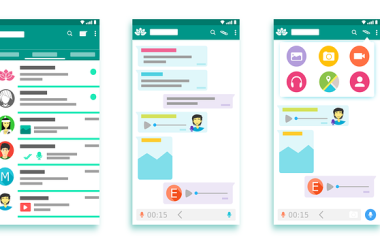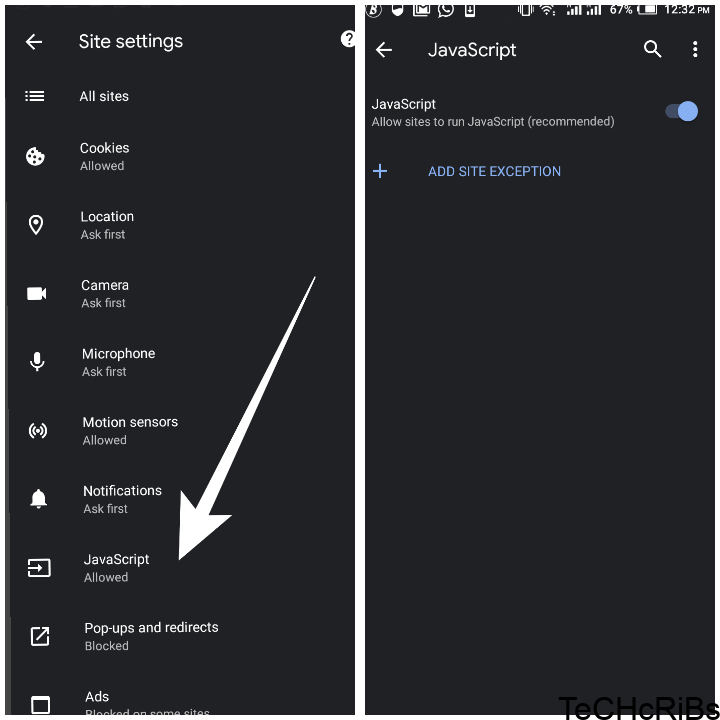Mobile gaming has evolved into a multi-billion dollar industry, captivating millions of users worldwide. It’s no wonder that game developers are eager to tap into this lucrative market.
But how do Android games make money? What strategies do developers employ to generate revenue from their mobile gaming apps?
In this comprehensive post, we will explore the various monetization methods used by Android game developers, shedding light on the secrets behind their financial success.
I have a course on mobile game development, it would teach ypou all you need to know on Utilizing Unity’s New Input System,Monetization Strategies and co. You can get on board here.
1. In-App Purchases: Unlocking the Game’s Full Potential
One of the most prevalent and effective ways for Android game developers to make money is through in-app purchases. This monetization strategy allows users to enhance their gaming experience by unlocking exclusive features, items, or levels within the game.
By offering users the opportunity to make microtransactions, developers can generate a steady stream of revenue. Players can choose to purchase virtual currencies, power-ups, cosmetic items, or premium content that enhances their gameplay. In-app purchases are particularly popular in free-to-play games, where users have the option to spend real money for in-game advantages.
To ensure the success of in-app purchases, developers must strike a balance between enticing players to make purchases and maintaining a fair and enjoyable gaming experience. Excessive reliance on in-app purchases can deter players and harm the game’s reputation. It is crucial for developers to offer valuable and meaningful content that justifies the cost and enhances the overall gaming experience.
I have a course on mobile game development, it would teach ypou all you need to know on Utilizing Unity’s New Input System,Monetization Strategies and co. You can get on board here.
2. Advertisement: Leveraging Ads for Revenue Generation
Another common method used by Android game developers to monetize their apps is through advertisements. This form of revenue generation involves displaying ads within the game, providing developers with a steady income stream.
In-game advertisements can take various forms, including banner ads, interstitial ads, and rewarded videos. Banner ads are typically displayed at the top or bottom of the screen, while interstitial ads appear between gameplay sessions or at specific intervals. Rewarded videos offer players the option to watch an ad in exchange for in-game rewards, providing a win-win situation for both developers and players.
To maximize revenue from ads, developers must carefully select the ad formats and placements that align with their target audience. Additionally, integrating ads seamlessly into the game’s interface and gameplay experience is crucial to prevent disrupting the user experience.
I have a course on mobile game development, it would teach ypou all you need to know on Utilizing Unity’s New Input System,Monetization Strategies and co. You can get on board here.
3. Freemium Model: Balancing Free and Paid Content
The freemium model has gained significant popularity in the Android gaming industry. Under this approach, game developers offer their apps for free, allowing users to access basic gameplay and features. However, additional content, upgrades, or premium features are available for purchase.
By adopting the freemium model, developers can attract a larger user base and entice them to make in-app purchases to unlock advanced gameplay elements. This strategy leverages the psychology of free offerings, enticing users to invest in the game once they become engaged and invested in their progress.
Successful implementation of the freemium model requires developers to strike a careful balance between providing enough value in the free version to engage users and offering compelling premium content to incentivize purchases. The key is to create a game that is enjoyable and playable without the need for purchases, while still offering enticing options for users to invest in additional features.
4. Sponsorships and Brand Partnerships: Collaborating for Success
In the dynamic world of mobile gaming, sponsorships and brand partnerships have emerged as lucrative opportunities for game developers. By collaborating with brands, developers can integrate sponsored content or brand-related elements into their games, providing a new revenue stream.
Sponsorships can take various forms, including in-game product placements, branded events or challenges, or even entire game themes based on popular brands or franchises. These partnerships allow developers to leverage the brand’s existing fan base and marketing resources, while brands gain exposure to a highly engaged audience.
To succeed in sponsorships and brand partnerships, developers must carefully choose brands that align with their game’s target audience and maintain the game’s integrity. Authenticity and seamless integration of sponsored content into the gameplay experience are essential to ensure a positive user response.
5. Licensing and Merchandising: Expanding Beyond the Digital Realm
Beyond the realm of digital revenue streams, Android game developers can explore additional avenues for monetization through licensing and merchandising. Successful games with a dedicated fan base can extend their reach into physical products, such as merchandise, collectibles, or even theme park attractions.
Licensing allows developers to grant permission to third-party companies to produce and sell products based on their game’s intellectual property. This can include clothing, accessories, toys, or even movies and TV series based on the game’s storyline.
One notable example is the Angry Birds franchise, which has successfully expanded into various merchandise and licensing opportunities. With over 200 licensing partners, Angry Birds has created a vast range of products, from T-shirts and plush toys to mobile phone cases. The franchise even boasts its own theme park.
Conclusion
The mobile gaming industry offers immense opportunities for Android game developers to monetize their creations. From in-app purchases and advertisements to freemium models, sponsorships, and licensing, there are multiple avenues to generate revenue and turn a passion for game development into a sustainable business.
However, developers must strike a delicate balance between revenue generation and providing an enjoyable user experience. Transparency, fair pricing, and valuable content are key to building a loyal user base and ensuring the long-term success of a mobile game.
In an ever-evolving landscape, developers must also stay abreast of industry trends, adapt to changing user preferences, and continually evolve their monetization strategies. Through innovation, creativity, and a deep understanding of their target audience, Android game developers can unlock the full potential of their games and achieve financial success in the highly competitive world of mobile gaming.










